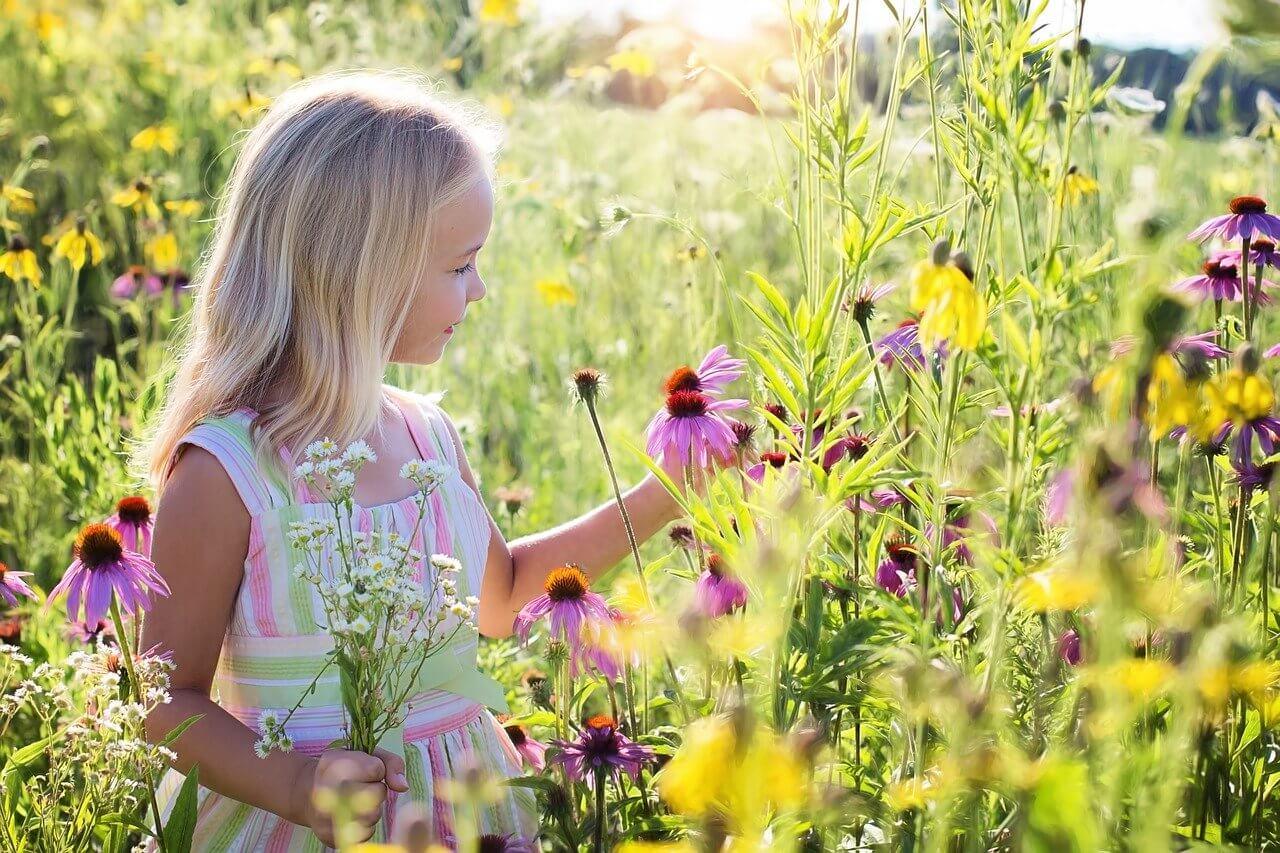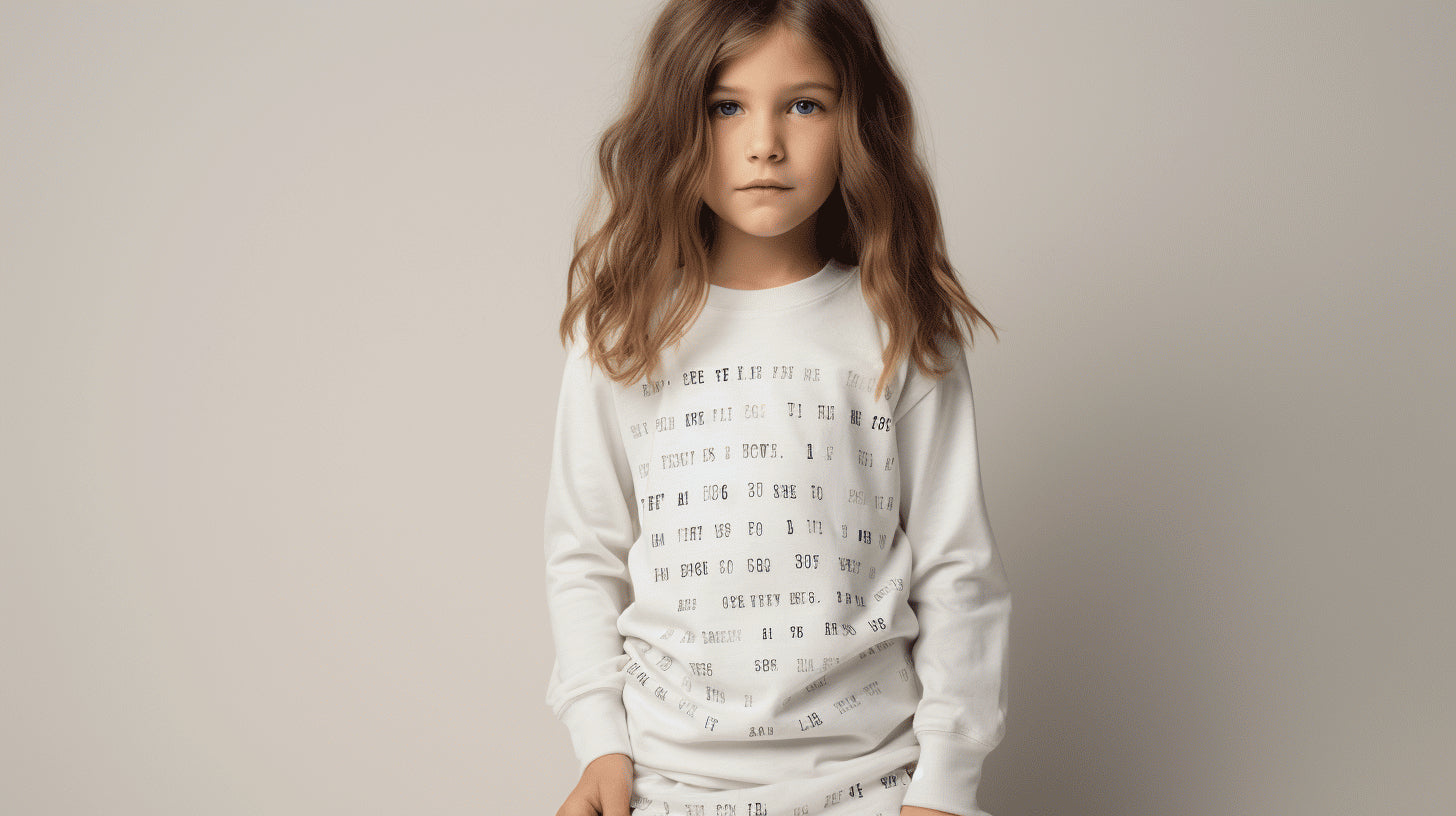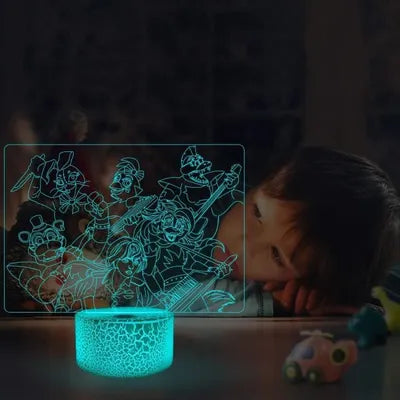Are you suspicious of that sniffer nose? Curious about this cough? Read on to decode some common allergy signals
Wondering if your child has allergies? Here are the common signs of allergic reactions in children.
Allergic reaction in babies: how is it transmitted?
Besides eye color and personality quirks, parents can pass on their predisposition to allergies. In fact, family history is one of the biggest predictors of allergies in children, says Zave Chad, an allergist and clinical immunologist in Ottawa. “Children who have allergic reactions often come from allergic parents,” he says. The genetic link does not guarantee the transmission of a certain allergy, although similar allergies tend to run in families, says Roxanne MacKnight, a family physician in Miramichi, New Brunswick.
What to do ? Tell your child's doctor your family history and watch for any symptoms, such as hives, wheezing, vomiting after eating, or itchy, watery noses.
The different symptoms of an allergy - Runny nose and itchy eyes
Although a cold and allergies can give a child a runny nose, if it is accompanied by itchy eyes or throat and the child does not have a fever or other signs of illness, it's probably seasonal allergies rather than a cold.
If your child is over 2 years old, you can try giving him a non-sedating antihistamine to see if his symptoms go away. Keep in mind, however, that seasonal allergies usually don't develop until age 6. You should always talk to your child's doctor before giving him any medicine.
Food allergies responsible for dry, scaly rashes?
Eczema, which usually appears during an infant's first year of life, can be triggered by certain foods in your baby's diet , but it's also known to be an inherited condition. The good news is that 80% of children who suffer from eczema will grow out of it. The tricky part: it can give way to another type of allergy, says Chad. We call this progression from one allergy to another the “allergic march”.
Daily bathing and the use of a moisturizer protect the skin barrier. If the eczema persists or gets worse, make an appointment with your child's doctor.
A stubborn cough can hide an allergy in your child
Your child coughs when he laughs, cries, runs around or gets nervous.
If this cough persists for weeks or months and is accompanied by other cold-like symptoms, watery and painful eyes, stuffy and runny nose, it may be a sign of asthma. triggered by dust, pollen, pollution or pets.
The first thing to do is to track it: note when the cough occurs and what seems to trigger it. Does your child have a coughing fit at the same time of day or year?
It is also important to make sure it is not a cold or a virus and that environmental factors, such as common germs at daycare, smokers or a wood stove at home, are not in question. Once all of these possibilities have been ruled out and an adequate history has been established, your doctor can prescribe an appropriate course of action.
Other symptoms of an allergy: Vomiting and abdominal pain shortly after eating
When a child has a food allergy , it doesn't take long for the signs to appear. Symptoms such as projectile vomiting, respiratory and skin reactions and, more rarely, diarrhea and hives, appear quickly, usually within minutes to half an hour, and no more than two hours after eating. The foods that most often trigger the onset of these symptoms in infants are milk, eggs, nuts, sesame and soy, while wheat and shellfish allergies usually show up in older children and adults,” says Chad.
Parents should see their child's doctor immediately if they experience symptoms such as vomiting and breathing problems. And if your child has breathing difficulties, you should call an ambulance immediately. For other symptoms, Chad recommends parents keep a food diary, track reactions, and try to eliminate questionable foods to see if the reaction persists.









